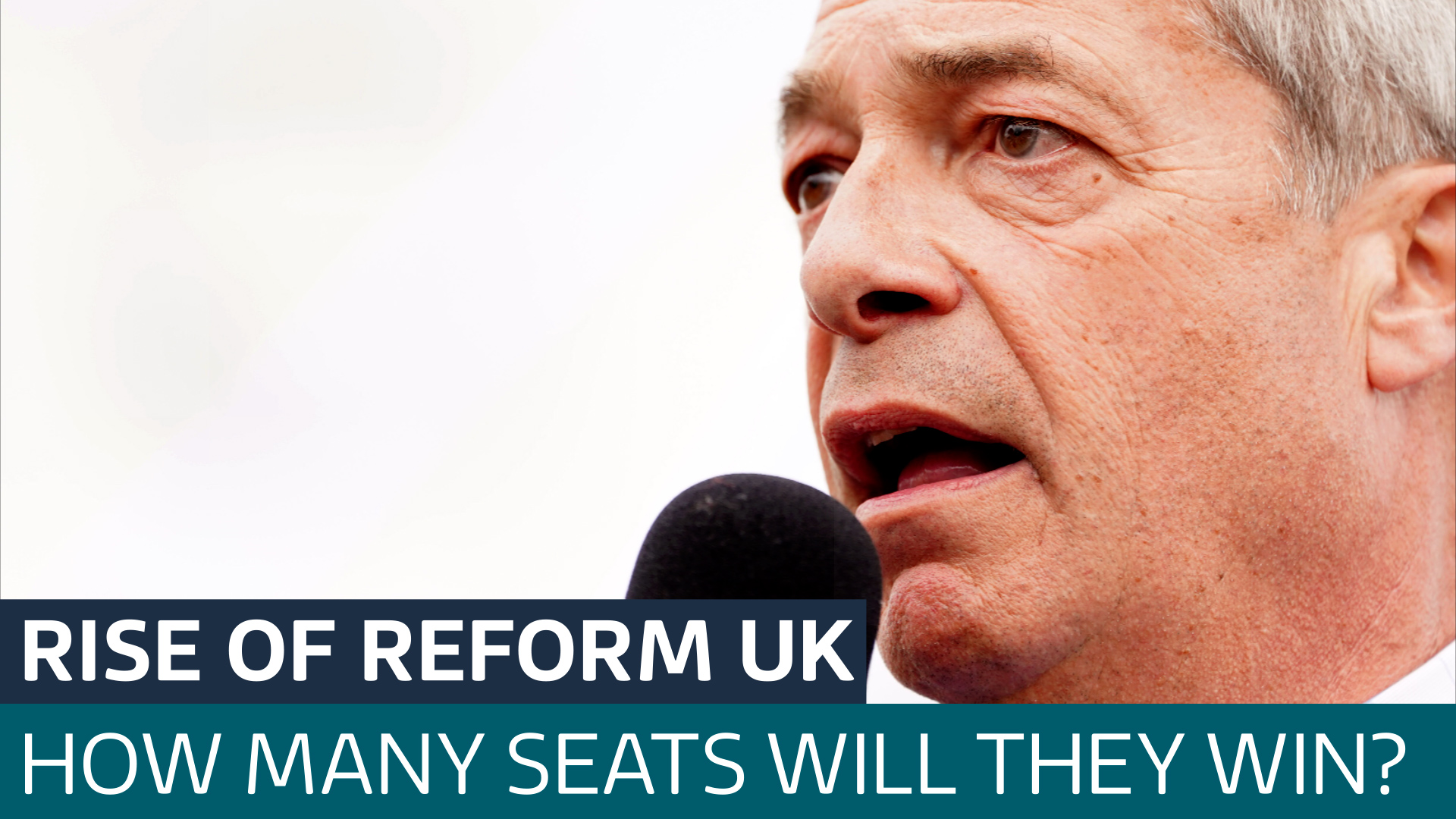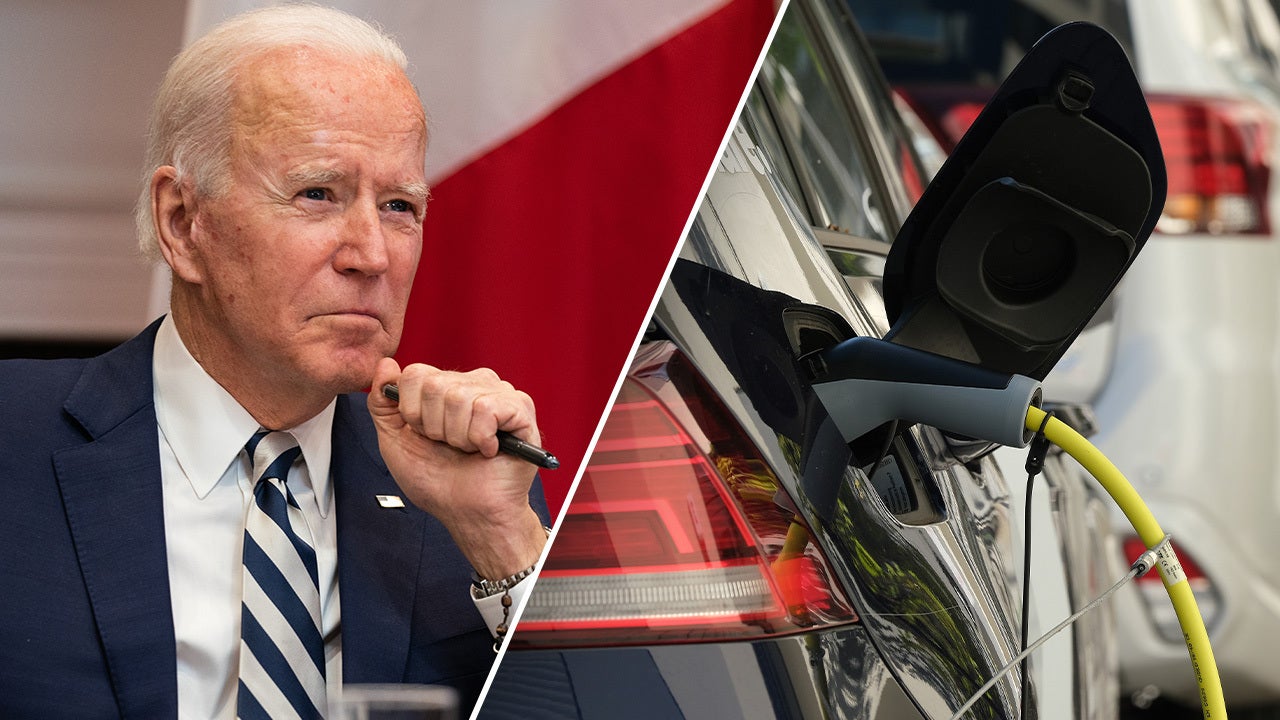Will Nigel Farage's Reform Party Deliver On Its Promises?

Table of Contents
Nigel Farage's Reform Party has emerged as a significant force in British politics, promising radical change. But will it deliver on its ambitious agenda? This article critically examines the party's key promises, analyzing their practicality and potential consequences for the UK. The Reform Party's rise has injected new energy into the political landscape, but the question remains: how much of their platform is realistic, and what would be the impact if they were to succeed?
Key Promises of the Reform Party
The Reform Party's manifesto covers a broad range of issues, but several key promises stand out:
Immigration and Border Control
The Reform Party's stance on immigration is arguably its most prominent policy. They advocate for significantly stricter border controls and a reduction in immigration quotas. Their proposed policies aim to:
- Strengthen border security: This involves increased investment in technology and personnel at the UK border to prevent illegal immigration.
- Implement a points-based system: Prioritizing skilled migrants who meet specific criteria, rather than allowing open immigration.
- Reduce overall immigration numbers: Aiming to control the rate of immigration to a level deemed sustainable by the party.
The economic impacts of such a policy are complex and hotly debated. Supporters claim that stricter controls will protect wages for low-skilled workers and reduce strain on public services. Critics argue that reduced immigration could harm economic growth by limiting access to skilled labor and reducing consumer demand. The feasibility of implementation hinges on securing international cooperation and overcoming logistical challenges. The Reform Party's Brexit stance is inextricably linked to their immigration policy; they believe leaving the EU gives them greater control over who enters the UK. This connection between Reform Party Brexit and their immigration policy is a key element of their platform.
Reforming the Political System
The Reform Party also advocates for significant changes to the UK's political system. Key proposals include:
- Electoral reform: Moving away from the current first-past-the-post system to a potentially more proportional system, potentially leading to more diverse political representation.
- Reducing MP's salaries: Aimed at curbing excessive political spending and enhancing public trust in government.
- Increased transparency in politics: Promoting greater accountability and reducing the influence of lobbying groups.
The effects of these reforms would be significant, potentially leading to a more diverse parliament and a shift in the balance of power. However, implementing such changes faces considerable hurdles. Overcoming entrenched interests and gaining cross-party support for significant electoral changes would be a major challenge. Nigel Farage's political reform agenda is ambitious, demanding sweeping changes to established systems.
Economic Policies
The Reform Party's economic platform focuses on lower taxes and reduced government spending. Specific proposals include:
- Tax cuts: Reducing income tax and corporation tax to stimulate economic growth.
- Reduced government spending: Targeting areas perceived as wasteful or inefficient.
- Focus on fiscal responsibility: Maintaining a balanced budget and controlling national debt.
The potential economic consequences are a subject of ongoing debate. Supporters believe tax cuts will incentivize investment and job creation, leading to higher economic growth. Critics, however, express concern that reduced government spending could harm public services and exacerbate existing inequalities. Comparing the Reform Party's economic plans with those of other parties reveals a distinct emphasis on lower taxation and reduced government intervention.
Feasibility of Reform Party Promises
The success of the Reform Party's agenda faces several challenges:
Political Landscape and Opposition
The current political landscape presents significant obstacles for the Reform Party. Their policies are likely to face strong opposition from other established parties, particularly on issues such as immigration and electoral reform. Building alliances and securing parliamentary majorities for their ambitious plans would require significant political maneuvering. The likelihood of legislative success hinges on their ability to navigate the complex dynamics of the UK political system.
Public Opinion and Support
While the Reform Party enjoys considerable support, the level of public support for their specific policies varies. Public opinion polls show fluctuating levels of support for their immigration policies and electoral reform proposals. The party's ability to translate public support into electoral success will be a critical factor in determining the feasibility of their promises. Analyzing trends in public opinion provides valuable insights into the challenges and opportunities that lie ahead for the Reform Party.
Potential Impacts of Reform Party Success
The potential consequences of a successful Reform Party are far-reaching:
Impact on Brexit
A successful Reform Party would likely lead to a more decisive and potentially harder Brexit. Their influence on future UK-EU relations could significantly impact trade, immigration, and the overall relationship between the UK and the European Union. The economic consequences could be significant, depending on the nature of future trade agreements and the level of economic integration.
Impact on Wider Society
The impact of the Reform Party's policies on wider society is multifaceted. Their proposals could affect different social groups differently, impacting employment, healthcare, and social services. The long-term effects on UK society would depend on the specific policies implemented and their effectiveness in addressing the challenges they seek to resolve. This needs to be carefully analyzed against other possible political outcomes to assess the full implications.
Conclusion
This analysis has examined the key promises of Nigel Farage's Reform Party, assessing their feasibility and potential impact on British politics. While some promises, such as tax cuts, appear more achievable, others, like major electoral reform, face significant hurdles. The ultimate success of the party will depend on factors including public support, the political landscape, and their ability to build alliances.
Call to Action: Stay informed about the evolving political situation and the Reform Party's progress in delivering on its promises. Continue to research and analyze the impact of the Reform Party on British politics. Follow our updates on the Reform Party and its influence on the UK.

Featured Posts
-
 5 Notable Disputes Stephen King And Other Celebrities
May 10, 2025
5 Notable Disputes Stephen King And Other Celebrities
May 10, 2025 -
 Jeanine Pirro And Due Process The El Salvador Prison Controversy
May 10, 2025
Jeanine Pirro And Due Process The El Salvador Prison Controversy
May 10, 2025 -
 Luxury Car Sales In China The Struggles Of Bmw Porsche And Competitors
May 10, 2025
Luxury Car Sales In China The Struggles Of Bmw Porsche And Competitors
May 10, 2025 -
 The Ongoing Battle Car Dealers Resist Ev Mandate Requirements
May 10, 2025
The Ongoing Battle Car Dealers Resist Ev Mandate Requirements
May 10, 2025 -
 Dijon Revele Le Role Crucial De Melanie Eiffel Dans La Reussite De Gustave
May 10, 2025
Dijon Revele Le Role Crucial De Melanie Eiffel Dans La Reussite De Gustave
May 10, 2025
